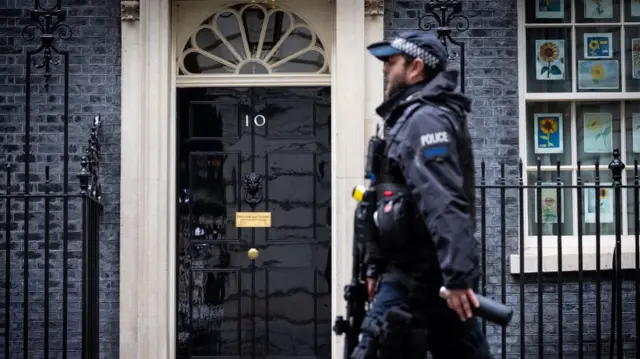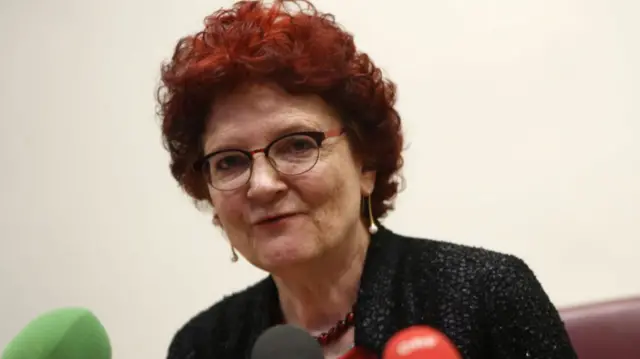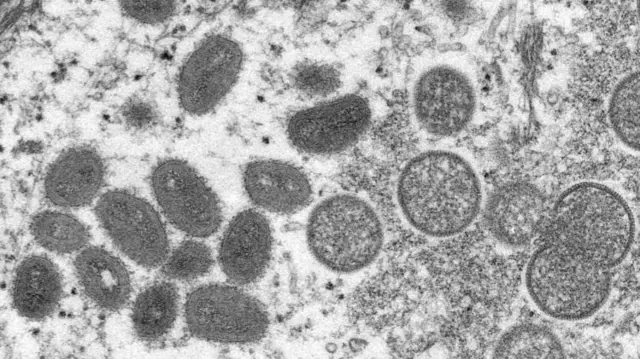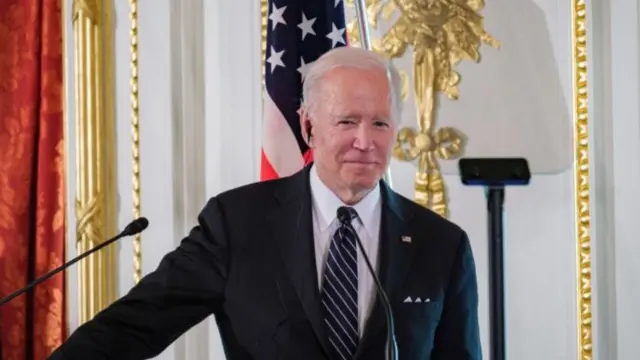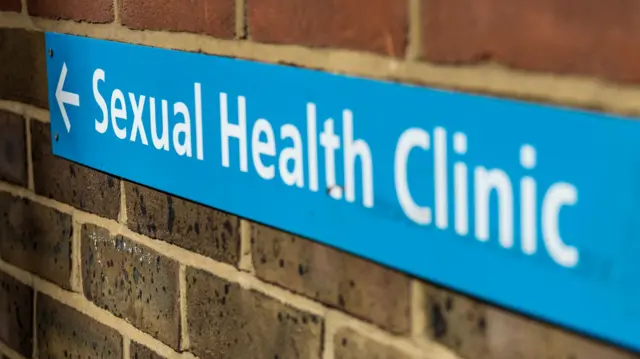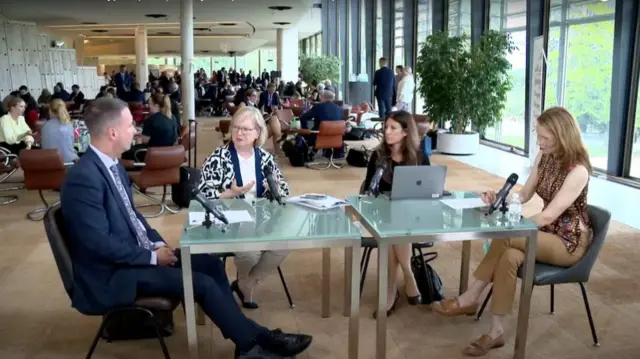What have we learned today?published at 17:30 BST 23 May 2022
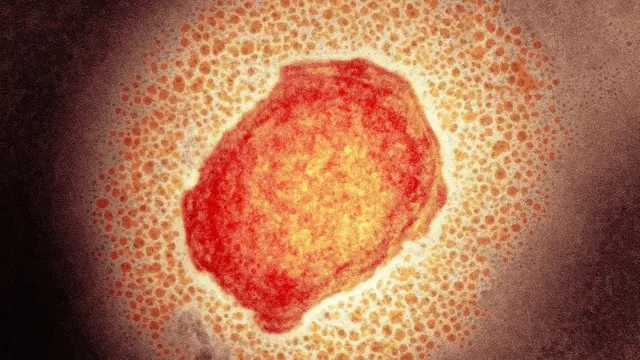 Image source, Science Photo Library
Image source, Science Photo LibraryWe're going to wrap up our live coverage now, but here's a recap what we've heard today:
- Another 36 cases of monkeypox have been detected in England, bringing the total number of confirmed cases to 56, the UK Health Security Agency says
- The UKHSA says the outbreak is "significant and concerning" but the risk to the UK population "remains low"
- The spread of monkeypox is "a containable situation", Dr Maria Van Kerkhove from the World Health Organization says, but warns "we can't take our eye off the ball"
- UK Prime Minister Boris Johnson says that so far the consequences "don't seem to be very serious but it's important that we keep an eye on it"
- The director of the EU disease control agency has said countries should review availability of the smallpox vaccine which is used for monkeypox
- Denmark and Scotland have recorded their first cases of monkeypox, meaning it's now been found in 16 countries outside Africa, including Spain, Portugal, the US and Australia
Three facts to remember:
- Monkeypox doesn't tend to spread easily between people and the illness is usually mild
- Symptoms include a fever, aches, and a rash of raised spots that later turn into blisters. For most people it clears up within two to four weeks
- Unlike Covid, monkeypox is spread through close physical contact with somebody infected and we have tools – such as the smallpox vaccine – that can be used to help limit the spread.
Want more? Read up on what monkeypox is and how it spreads here.
